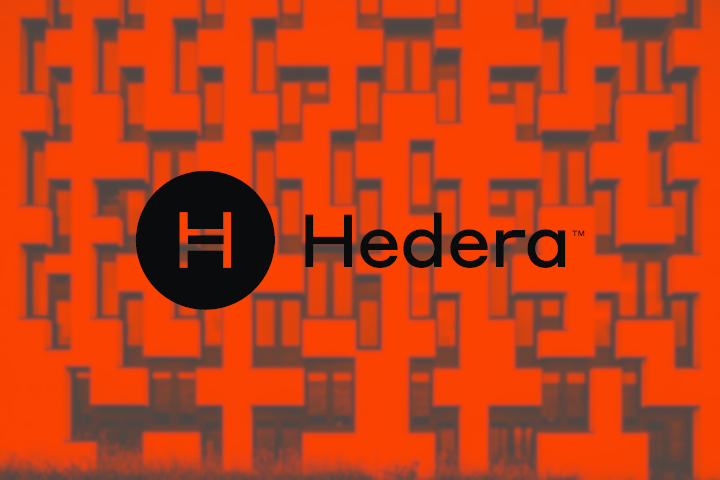
Hedera Smart Contracts - Part 2
Sat Apr 23 2022
I feel like I didn't do it right, but I got it to work! As a developer this sure happens to me a lot.
In order to explore how smart contracts work on Hedera I wanted to make a simple guessing game:
- The smart contract contains a secret phrase. You can call a function on the smart contract to guess what it is.
- Each guess costs 5 HBAR (you can send more if you want to show off)
- If you guess correctly you will receive all the HBAR collected so far.
The repo is here https://github.com/aaronblondeau/guess-it.
I have very limited knowledge of solidity or even smart contracts so this was all new territory for me.
Here is what I came up with for the contract:
// SPDX-License-Identifier: GPL-3.0
pragma solidity ^0.8.11;
pragma experimental ABIEncoderV2;
// Compile with:
// npm install -g solc
// solcjs --bin GuessIt.sol
contract GuessIt {
string private secretPhrase;
address public owner;
uint pot = 0;
event GuessAtttempt(address indexed from, string guess, bool success, uint pot);
constructor (string memory _phrase) {
owner = msg.sender;
secretPhrase = _phrase;
}
function setPhrase(string memory _phrase) public {
// Only contract owner can update phrase
require(msg.sender == owner);
secretPhrase = _phrase;
}
function guessPhrase(string memory _guess) public payable returns (bool) {
// Make sure caller has sent at least 5 HBAR
require (msg.value >= 500000000, "insufficient payable");
// Add funds to the pot (why doesn't this show in contract balance on dragonglass?)
pot += msg.value;
if (keccak256(abi.encodePacked((_guess))) != keccak256(abi.encodePacked((secretPhrase)))) {
emit GuessAtttempt(msg.sender, _guess, false, pot);
return false;
}
// Guess was correct, transfer pot to caller
emit GuessAtttempt(msg.sender, _guess, true, pot);
payable(msg.sender).transfer(pot);
pot = 0;
return true;
}
function contractVersion() public pure returns (uint) {
return 9;
}
}
Some of the key takeaways are:
- Since secretPhrase is marked private I am assuming that there isn't a way to extract it from the network. This very well could be an incorrect assumption.
- I needed the payable keyword on my function in order to allow callers to send funds. Also had to wrap the sender with a payable function call to be able to send the reward.
- I kept track of the amount sent in the "pot" variable. However, it is still unclear to me where the funds were actually stored. The contract itself always showed a 0 balance even though payouts successfully occur.
- It took me quite some time to figure out how to get the return value of the function after calling it. Using the getRecord function finally did the trick.
One of my biggest questions from this exercise is how do you rapidly iterate while developing a smart contract? I debugged mine by sending the contract to the testnet over and over (sorry testnet). Next I plan on figuring out how to unit test the contract as I think that will resolve the iteration issue and probably uncover some lovely bugs that I missed.
